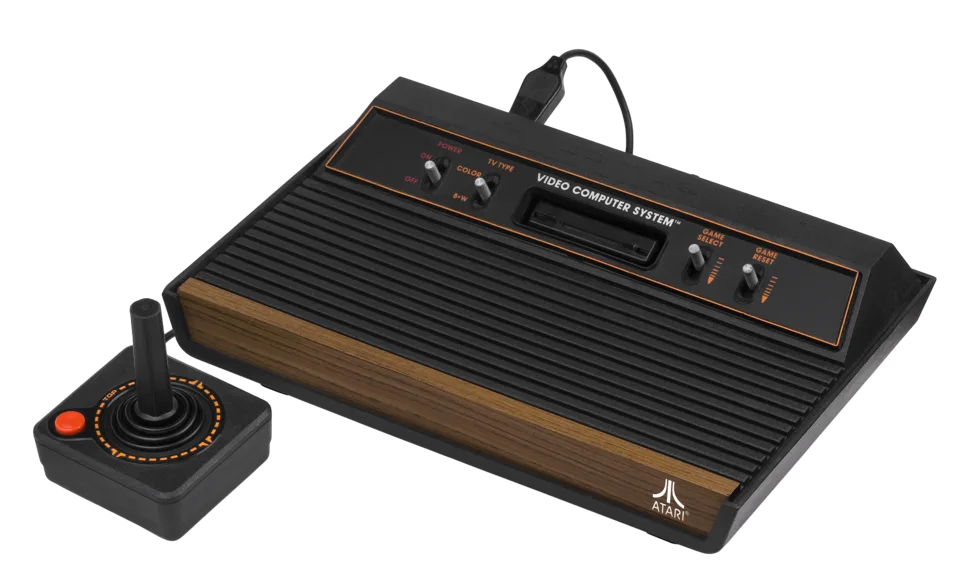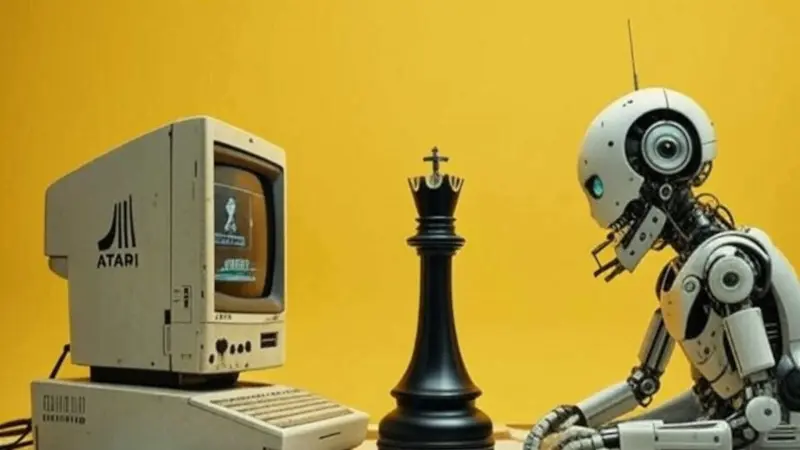It’s a digital face-off no one expected — and the result shocked even the skeptics. OpenAI’s ultra-advanced ChatGPT, packed with billions of parameters and trained on oceans of data, was defeated by Atari Chess, a game from 1979 running on 8-bit hardware.

Yes, seriously.
In a match documented by developer Robert Caruso, ChatGPT struggled to understand the basics of the game. It confused rooks with bishops, made illegal moves, lost track of its own pieces, and — at one point — blamed the “abstract graphics” of the Atari 2600 interface for its blunders.
Even after the game’s visuals were replaced with standard chess notation, the AI’s performance didn’t improve. It kept making nonsensical moves, failing to apply basic strategy or follow clear rules.
Meanwhile, the Atari Chess engine, powered by a simple rule-based evaluation algorithm (with zero machine learning), calmly dominated every game. Its moves were consistent, legal, and effective — earning it a clean sweep against the modern chatbot.
“This wasn’t just a glitch — ChatGPT had no clue what it was doing,” said Caruso. “It didn’t understand the board, the pieces, or even the rules. It just… guessed.”
The mismatch highlights a crucial truth: AI isn’t always smart — especially outside the environments it’s trained for. While ChatGPT excels in conversation, reasoning, and coding, it lacks the structured rule-based logic of even the oldest chess programs.
The takeaway? Sometimes, retro tech knows best. And in this case, a 46-year-old machine proved that simplicity, clarity, and a bit of silicon patience can still outplay the flashiest AI on Earth.
Checkmate, ChatGPT.


